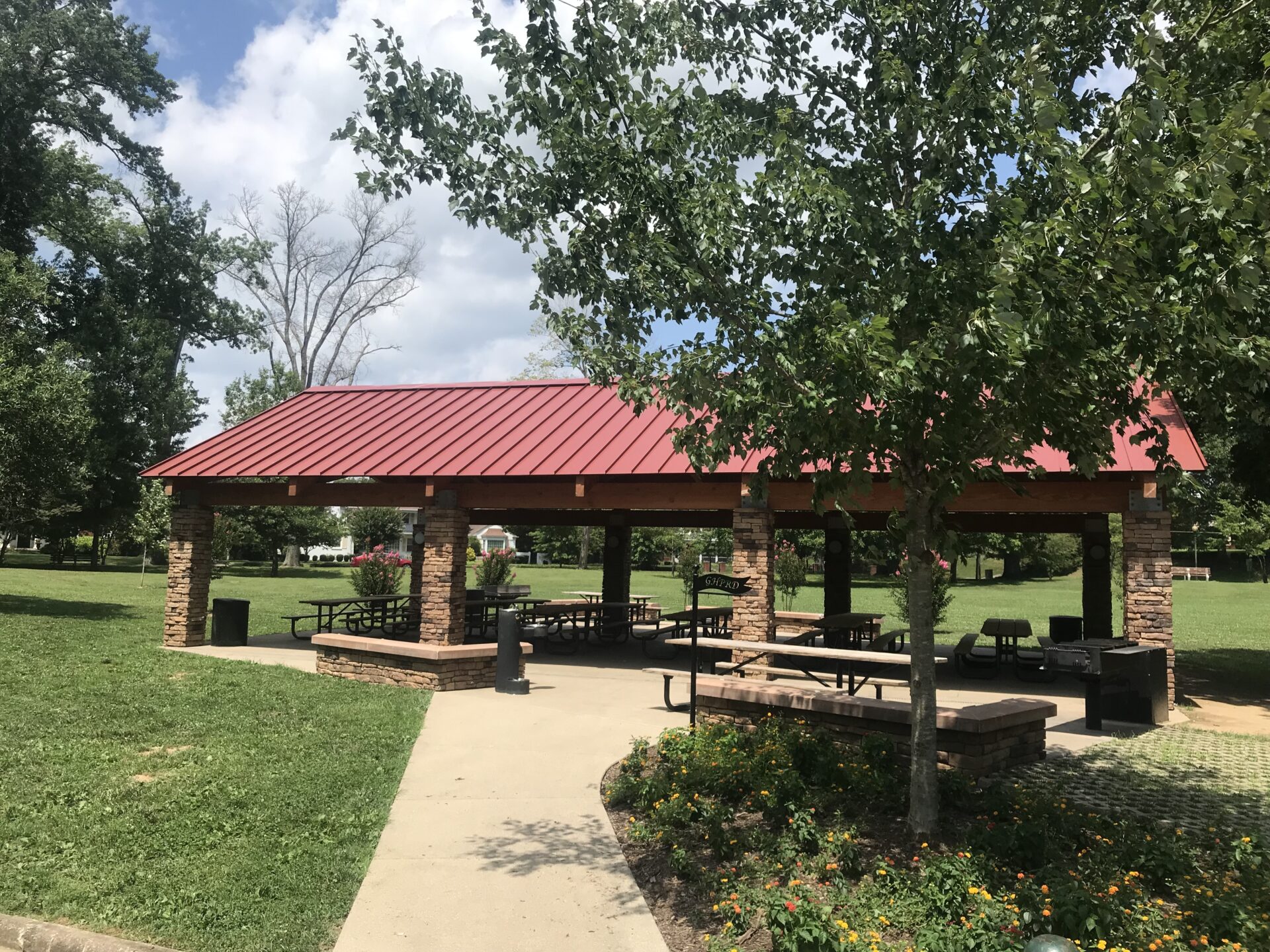The Cabell Board of Education recently voted to take a combined $2 million from the Parks and Library systems in connection with the excess levy. Voters will say yea or nay in the May 2024 election.
Every five years for decades, Cabell County voters have passed a Cabell Board of Education Excess Levy to fund school district operations. In 1967, the state legislature added funding for the Cabell County Public Library System onto the School levy. In 1983, they added funding for the Greater Huntington Parks and Recreation District to that same levy.
The Cabell Board of Education recently voted to take a combined $2 million from the Parks and Library systems in connection with the excess levy. Voters will say yea or nay in the May 2024 election.
Cabell Schools Superintendent Ryan Saxe said the end of pandemic funding, declining enrollment and rising inflation forced the district to prioritize that all levy funding go to students and classrooms.
“Since 2015, I believe we’ve lost close to 1500 students,” Saxe said. “We cut almost $4.5 million dollars out of our operating budget this past year. We had to reduce staff by about 80 positions. The same thing is going to happen this coming school year. It’s very difficult to make sweeping changes because our buses still have to go down the same roads, it’s going to still cost us the same amount to fuel that bus, we’re going to still probably have to have as many cooks in our kitchens.”
Executive Director of the Cabell County Public Library system Breana Bowen said losing $1.5 million from a $4 million annual budget will be catastrophic.
“We’re talking about potential layoffs or not hiring staff, branch closures, shortening of hours,” Bowen said. “Across the board, there’ll be mass changes for our library system, not in a good way.”
Greater Huntington Parks and Recreation District Executive Director Kathy McKenna said losing the $500,000 they’ve received every year for 40 years means taking a hard look at the extensive park system operations, maintenance and free public events.
“We maintain a lot of grass, maybe we don’t cut certain areas as often as we do,” McKenna said. “We bring on a whole team of seasonal employees for the summer months that help us, that’ll be something that we’ll have to take a hard look at. Our facilities might not look as well as we would like them to look. We do a lot of events for free. I would hate to see any of those things go away. So it may be that we have to implement fees for those events and not continue to offer those free to the public.”
Saxe said the school district has a constitutional mandate to provide a thorough and efficient school system for its students. He says any obligation to the library and parks system’s legislative inclusion in the levy was removed by a 2013 Supreme Court of Appeals ruling in a Kanawha County Library case.
“The Supreme Court ruled that those acts requiring 18 different counties to fund their libraries out of their levies were unconstitutional,” Saxe said. “That is why we believe that these acts will not hold us to being required to fund them through our excess levy.”
Bowen said that the Kanawha Library System ruling did not include Cabell and Lincoln Counties, which fall under a different legislative funding formula.
“Ours comes directly from an excess levy, so it comes from voters’ money,” Bowen said. “We’re saying we have legislation that currently says right now that we are entitled to that money.”
McKenna said any Library funding ruling has nothing to do with the Parks District being legislatively included in the excess levy.
“That hasn’t been challenged yet,’ McKenna said. “It hasn’t been challenged as far as what is on the books as law for Cabell County.”
Mckenna and Bowen said there’s no room in the Cabell County levying cap for them to propose their own levies. The two entities are jointly filing a lawsuit against the Board of Education to keep the current levy funding intact.
Saxe said rising costs for school security, for their own libraries and playgrounds, for vocational education, and athletic programs demand the levy cuts, not to mention teacher salaries.
“Cabell County Schools is the third highest paying school district for starting teacher salaries,” he said. “This excess levy includes the funding to make sure that that continues.”
Bowen said the Cabell County Public Library system is a statewide consortium leader and there will be ripple effects on this issue’s resolution.
“If we’re taken down and we’re not able to do those things anymore, it’s not just us that’s going to suffer. It’ll be the state,” she said.
Superintendent Saxe said he could not comment on the litigation at this time.
